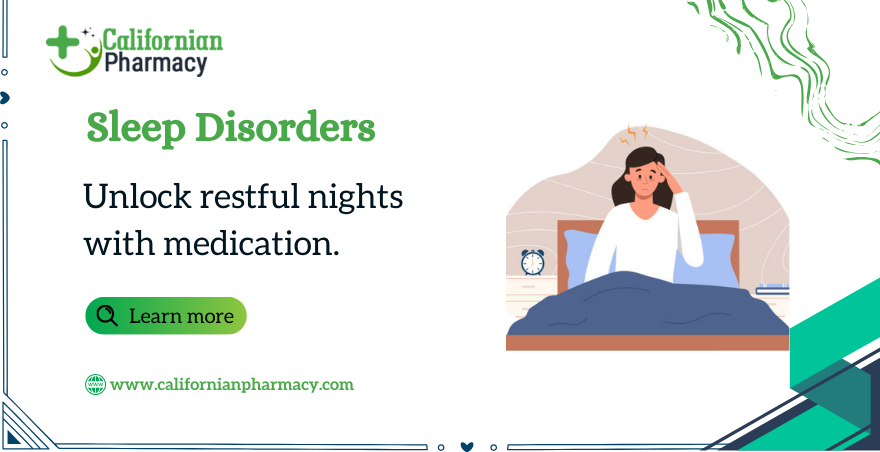Introduction:
Sleep disorders can wreak havoc on our lives, affecting our physical health, mental well-being, and overall quality of life. Whether it’s insomnia, sleep apnea, restless legs syndrome, or narcolepsy, finding effective treatment is crucial for improving sleep and restoring balance. In this guide, we’ll delve into the available treatments for various sleep disorders, from lifestyle changes to medical interventions, to help you regain control over your sleep health.
Understanding Treatment Options:
-
Lifestyle Modifications:
- Establishing a Consistent Sleep Schedule: Going to bed and waking up at the same time every day helps regulate your body’s internal clock.
- Creating a Relaxing Bedtime Routine: Engaging in calming activities such as reading, listening to soothing music, or taking a warm bath can signal to your body that it’s time to wind down.
- Limiting Stimulants and Electronic Devices: Caffeine, nicotine, and screens emit blue light, which can interfere with your ability to fall asleep. Avoiding them before bedtime can promote better sleep.
- Improving Sleep Environment: Make your bedroom conducive to sleep by keeping it cool, dark, and quiet.
-
Behavioral Therapies:
- Cognitive Behavioral Therapy for Insomnia (CBT-I): CBT-I is a structured program that helps identify and change thoughts and behaviors that contribute to insomnia. It focuses on improving sleep hygiene, challenging negative beliefs about sleep, and implementing relaxation techniques.
- Light Therapy: This treatment involves exposure to bright light, particularly in the morning, to regulate your body’s internal clock and alleviate symptoms of seasonal affective disorder and circadian rhythm disorders.
-
Medical Interventions:
- Medications: Depending on the type and severity of the sleep disorder, your doctor may prescribe medications such as sedatives, hypnotics, antidepressants, or medications specifically designed to treat restless legs syndrome or narcolepsy. It’s essential to discuss potential side effects and long-term usage with your healthcare provider.
- Continuous Positive Airway Pressure (CPAP) Therapy: CPAP therapy is the primary treatment for obstructive sleep apnea. It involves wearing a mask connected to a machine that delivers a continuous flow of air to keep your airway open during sleep.
- Oral Appliances: For individuals with mild to moderate obstructive sleep apnea or snoring, oral appliances such as mandibular advancement devices can help keep the airway open by repositioning the jaw.
- Surgery: In some cases, surgical procedures may be necessary to correct anatomical issues contributing to sleep disorders, such as removing excess tissue in the throat for sleep apnea or addressing nasal septum deviations.
-
Alternative Therapies:
- Acupuncture: Some studies suggest that acupuncture may help improve sleep quality by stimulating specific points on the body associated with relaxation and sleep regulation.
- Herbal Supplements: Certain herbs like valerian root, chamomile, and passionflower have been traditionally used to promote relaxation and alleviate insomnia. However, it’s essential to consult with a healthcare professional before trying any herbal supplements, as they may interact with medications or have side effects.
Conclusion:
Finding the right treatment for your sleep disorder may require some trial and error, as what works for one person may not work for another. It’s essential to work closely with your healthcare provider to develop a personalized treatment plan that addresses your specific needs and preferences. By incorporating lifestyle changes, behavioral therapies, and, if necessary, medical interventions, you can take proactive steps towards achieving restful and rejuvenating sleep.

